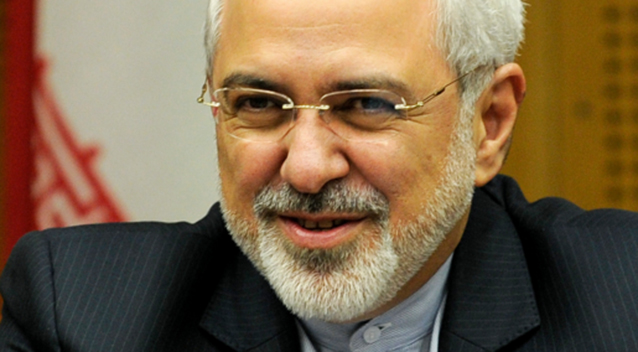Thousands of failed asylum seekers would be sent back to their homeland under a deal Julie Bishop hopes to strike with her Iranian counterpart on his ice-breaking visit to Australia next week.
The West Australian understands the Foreign Minister’s negotiations with Javad Zarif are well advanced, powered by Iran’s determination to improve its economic and diplomatic relationship with the West in the wake of last year’s international nuclear deal.


Under the repatriation agreement, Australia would demand guarantees from Iran that returnees would not be persecuted or punished.
In 2013, Ms Bishop’s Labor predecessor Bob Carr said the Iranian boat arrivals were “economic migrants” who were “overwhelmingly” middle class and from majority ethnic and religious groups.
Officials believe the lifting of sanctions has improved job and business opportunities for Iranians in their homeland.
Australia’s negotiations with Iran, spurred by Ms Bishop’s visit to Tehran last year, will pave the way for reciprocal agreements for student exchanges and new arrangements for holiday and work visas.
“We are looking to engage with Iran in a number of ways that will advantage Australian business but still maintain sanctions and our concerns on areas where we disagree with Iran,” Ms Bishop toldThe West Australian .

Economic and financial sanctions against Iran were lifted last year but Australia has maintained restrictions on the transfer of nuclear proliferation-sensitive goods and weapons. Some Iranian individuals and entities also remain blacklisted.
Ms Bishop will introduce Dr Zarif to Trade Minister Steve Ciobo, Trade Envoy Andrew Robb, Immigration Minister Peter Dutton and, diary permitting, Prime Minister Malcolm Turnbull when he comes to Canberra on Tuesday.

Global attention is focused on Iran, not just to see whether it will be a responsible and constructive regional player but because of its role as a key player in the pursuit of a political solution of the Syrian crisis.
In a move unthinkable several years ago, Dr Zarif and Ms Bishop last year agreed to share intelligence on tracking Australians fighting with Islamic State during her visit in April last year.
While in Canberra Dr Zarif will give a speech at the Australian National University highlighting the role Iran can play in combating terror groups including Islamic State.
ANU Centre for Arab and Islamic Studies director Professor Amin Saikal believed Dr Zarif’s visit was the first by an Iranian foreign minister in more than two decades.
No comments:
Post a Comment